Wine is a popular beverage that has been enjoyed for centuries. However, for those who suffer from migraines especially when drinking wine, the wrong glass of wine can trigger a painful wine headache. This has led many to wonder if there are certain types of wine that are better suited for migraine sufferers.
Understanding migraines and headaches is an important first step in determining the best wine for those who suffer from them. Migraine wine headaches are a neurological condition that can cause intense pain, nausea, and sensitivity to light and sound. While the exact cause of migraines is not fully understood, there are certain triggers that can bring on an attack, including alcohol and when drinking wine.
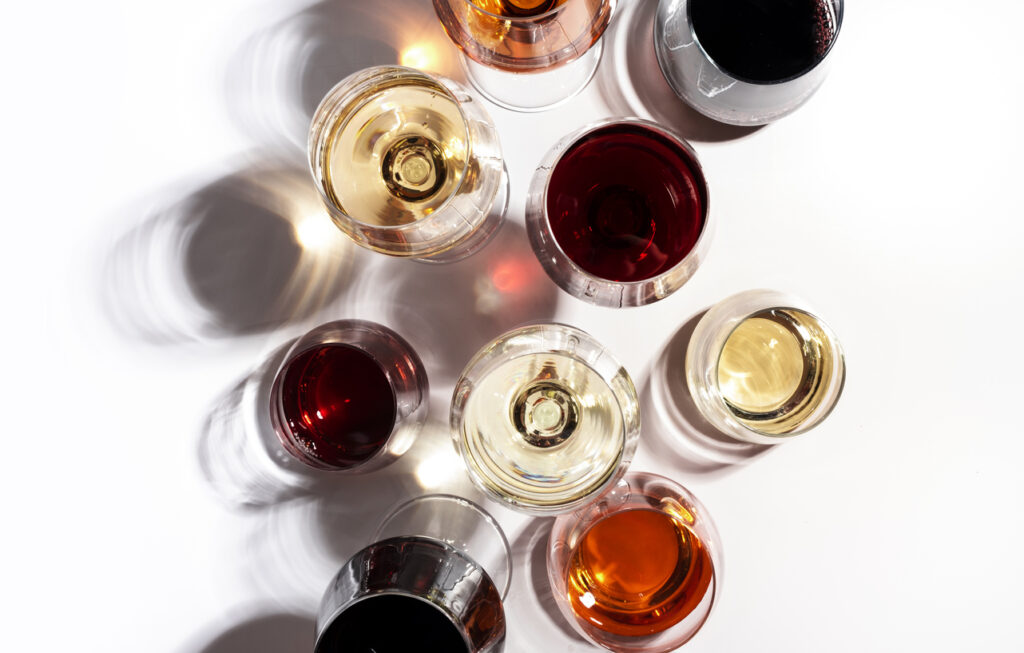
When it comes to wine and migraines, there are a few factors to consider. The type of wine, the alcohol content, and the sulfite content can all play a role in triggering a migraine. However, there are also certain types of wine that may be less likely to cause a wine headache. By understanding these factors, migraine sufferers can make more informed decisions about their wine choices.
Key Takeaways
- Understanding migraines and headaches is crucial in determining the best wine for those who suffer from them.
- Alcohol is a known trigger for migraines, making it important to consider the alcohol content of wine.
- Certain types of wine may be less likely to cause a wine headache, making it important to consider the type of wine when choosing a beverage.
Understanding Migraines and Headaches
Migraines and headaches are a common neurological condition that affects millions of people worldwide. While headaches are a common occurrence, migraines are a more severe form of headache that can cause intense pain and other debilitating symptoms. Understanding the symptoms, triggers, and different types of migraines can help individuals manage and prevent them.

Symptoms of Migraines
Migraine attacks can last from a few hours to several days and can cause a range of symptoms, including:
- Throbbing or pulsating pain on one or both sides of the head
- Sensitivity to light, sound, and smells
- Nausea and vomiting
- Blurred vision or visual disturbances
- Dizziness or lightheadedness
- Fatigue or weakness
It is important to note that not all individuals experience the same symptoms during a migraine attack, and symptoms can vary from one attack to another.

Migraine Triggers
Migraines can be triggered by a variety of factors, including:
- Stress and anxiety
- Hormonal changes in women
- Certain foods and drinks, such as alcohol, caffeine, and processed foods
- Changes in sleep patterns
- Environmental factors, such as bright lights or strong smells
Identifying and avoiding triggers can help reduce the frequency and severity of migraine attacks.

Migraine Disorders
There are several types of migraine disorders, including:
- Vestibular migraine: A type of migraine that causes vertigo and dizziness
- Chronic headaches: Headaches that occur more than 15 days per month
- Migraine with aura: Migraines that are preceded by visual disturbances or other sensory symptoms
- Tension headache: A type of headache that causes a dull, aching pain in the head and neck
Each type of migraine disorder has its own set of symptoms and treatment options. It is important to consult with a healthcare provider to determine the best course of treatment for each individual.

Overall, understanding the symptoms, triggers, and different types of migraines can help individuals manage and prevent them. By identifying triggers and seeking appropriate treatment, individuals can reduce the frequency and severity of migraine attacks.
Alcohol as a Migraine Trigger
Alcohol consumption is a well-known trigger for migraines. According to a study published in the Journal of Neurology, Neurosurgery, and Psychiatry, 35% of migraine sufferers reported alcohol e.g. red wine as a trigger for their headaches. However, the exact mechanism by which alcohol triggers migraines is not fully understood.
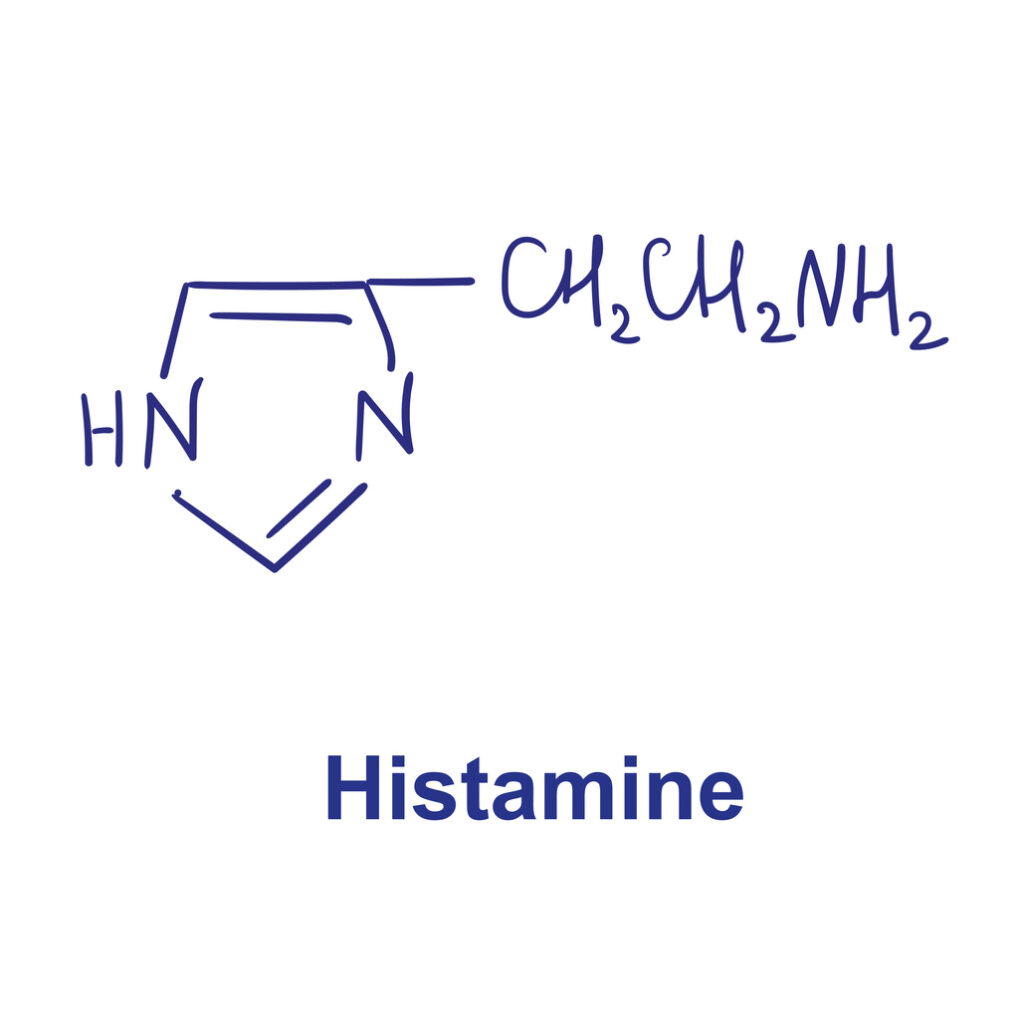
Histamine in Alcohol
It is a natural compound found in many foods, including alcohol. Histamine sensitivity has been linked to migraines, and some people with migraines may be more sensitive to histamine in alcohol. Histamine is also known to cause flushing, headaches, and other symptoms in some people.
Sulfites in Wine
Sulfites are a common preservative used in wine and other alcoholic beverages. Some people with migraines may be sensitive to sulfites, which can trigger headaches. However, sulfites are not a primary trigger for migraines and are only a problem for a small percentage of people with migraines.
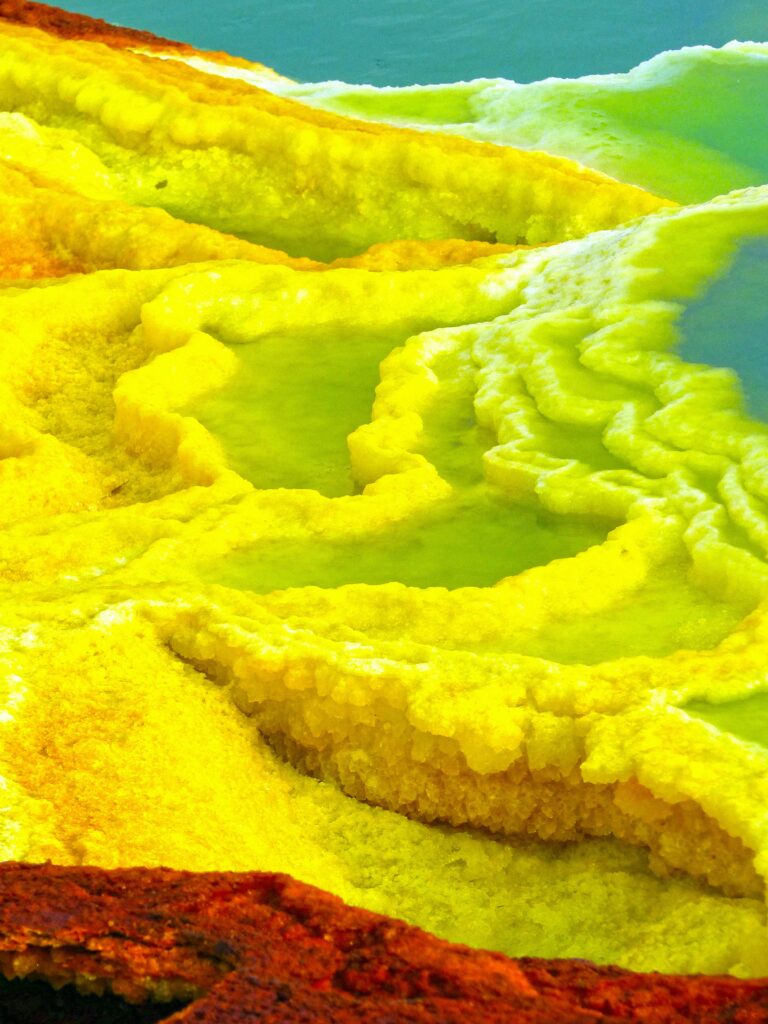
Congeners in Alcohol
Congeners are chemicals produced during the fermentation process in alcohol. Dark liquors, such as whiskey and red wines, contain higher levels of congeners than clear liquors, such as vodka and gin. Congeners have been linked to wine hangovers and may also trigger migraines in some people.
In conclusion, alcohol can be a trigger for migraines, but the exact mechanism is not fully understood. Histamine, sulfites, and congeners are all factors that may contribute to alcohol-induced migraines. However, alcohol consumption is not a trigger for all migraine sufferers, and some people may be able to consume alcohol without experiencing headaches.

Wine and Migraines
Migraine headaches are a common neurological condition that affects millions of people worldwide. While there is no cure for migraines, several lifestyle changes, including dietary modifications, can help in reducing the frequency and intensity of migraine attacks.
Wine is a popular alcoholic beverage that many people enjoy, but it can also trigger migraines in some individuals. In this section, we will discuss the relationship between wine and migraines and explore which types of wine are best for migraine sufferers.
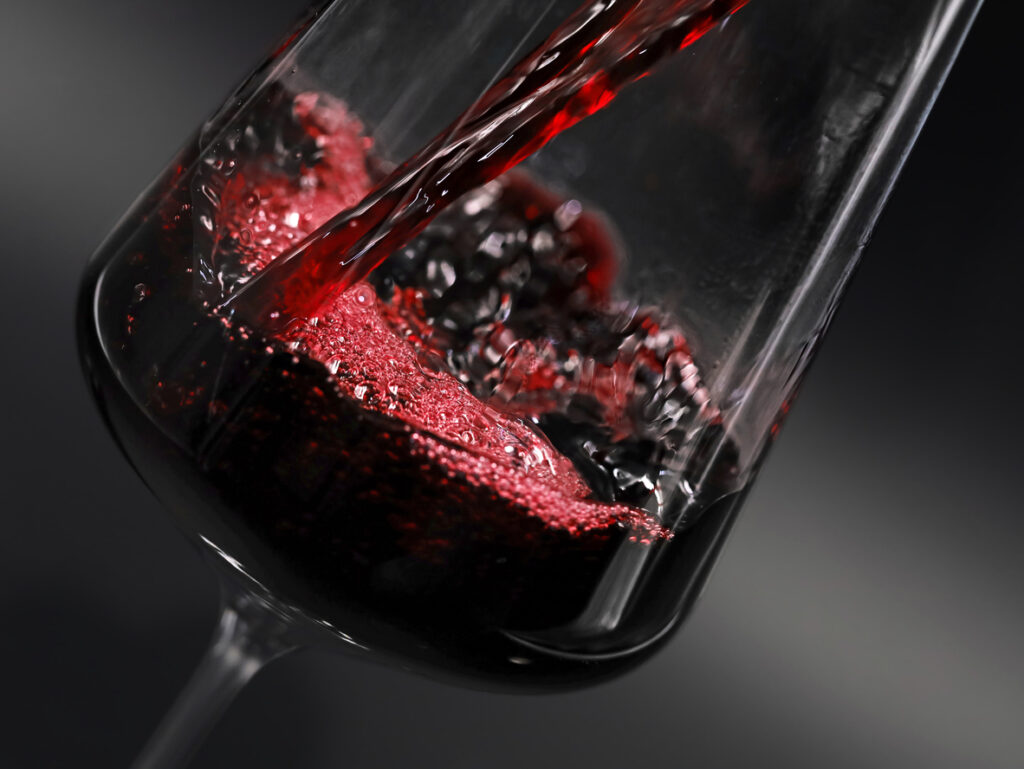
Red Wine and Migraines
Red wine is notorious for causing migraines in some individuals. This is primarily due to the presence of tannins, histamines, and tyramine, which are compounds found in red wine that can trigger headaches and migraines.
However, not all red wines are created equal. Some varieties of red grapes, such as Pinot Noir, have lower tannin levels and are less likely to trigger migraines. Cabernet Sauvignon contains a lot higher tannin levels.

A recent study in the journal Molecules on the tannic content of red wine where Cabernet Sauvignon, Pinot Noir, Marquette and Petite Pearl were compared. It showed Cab Sauv having the highest tannin level followed by Pinot noir having fewer tannins.
Additionally, drinking plenty of water and avoiding dehydration can help in reducing the likelihood of getting a migraine after drinking red wine.
White Wine and Migraines
While white wines are generally considered less likely to trigger migraines compared to red wine, it can still cause headaches in some individuals. White wines, particularly sweet wines, can cause blood sugar fluctuations and trigger migraines.
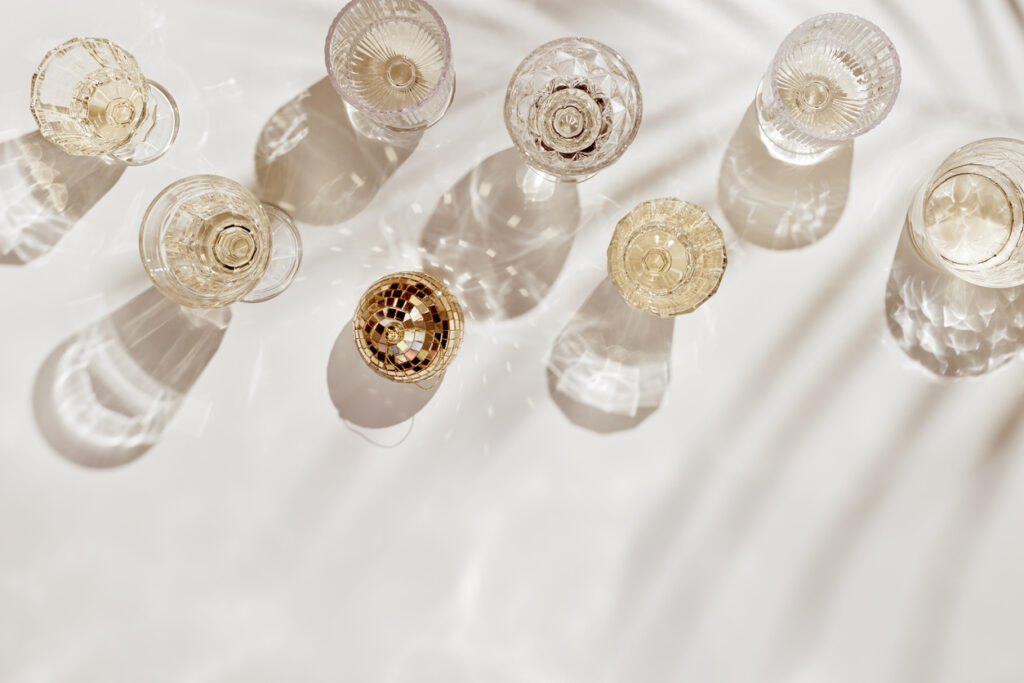
Sauvignon Blanc is a type of white wine that is generally less likely to cause migraines. Additionally, drinking milk before or after drinking white wine can help in neutralizing the acidity and reducing the likelihood of getting a migraine.
Organic Wine and Migraines
Organic wine or organic wines is made from grapes that are grown without the use of synthetic pesticides, herbicides, or fertilizers. Some individuals may be sensitive to the chemicals used in conventional wine production, which can trigger migraines.

Switching to organic wine may help in reducing the likelihood of getting a migraine. Additionally, organic wine is generally lower in sulfites, which can also trigger headaches and migraines in some individuals.
Biodynamic Wine and Migraines
Bio wine is produced using a holistic approach that takes into account the lunar calendar and other natural factors. Biodynamic wine is often made using organic grapes and is free of synthetic chemicals.
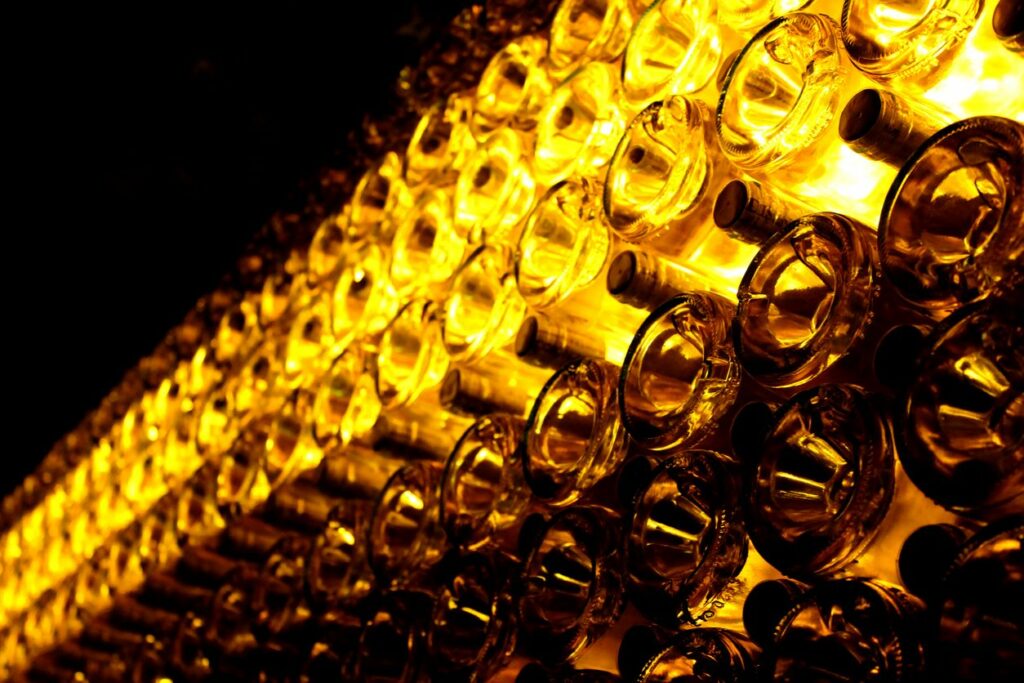
Like organic wine, biodynamic wine is generally lower in sulfites and may be less likely than cheaper wines to trigger migraines. Additionally, biodynamic wine is often full-bodied and rich in flavor, making it a great option for wine lovers who suffer from migraines.
Biodynamic wines and natural wines are made using high quality grapes as only low levels of sulfites can be used for preservation. This does not guarantee sulfite free wines for wine lovers with a sulfite sensitivity as biodynamic and natural wines have low levels of naturally occurring sulfites.
Other Beverage Considerations
While wine may be a popular alcoholic beverage for migraine sufferers, there are other options that may be worth considering. Here are some other beverages to think about:
Beer and Migraines
This is a popular alcoholic beverage that can be enjoyed by many, but it may not be the best option for migraine sufferers. Beer contains histamines, which can trigger migraines in some people. Additionally, beer contains tyramine, which is another migraine trigger. If you do choose to drink beer, it’s recommended to stick to light beers and avoid dark beers.
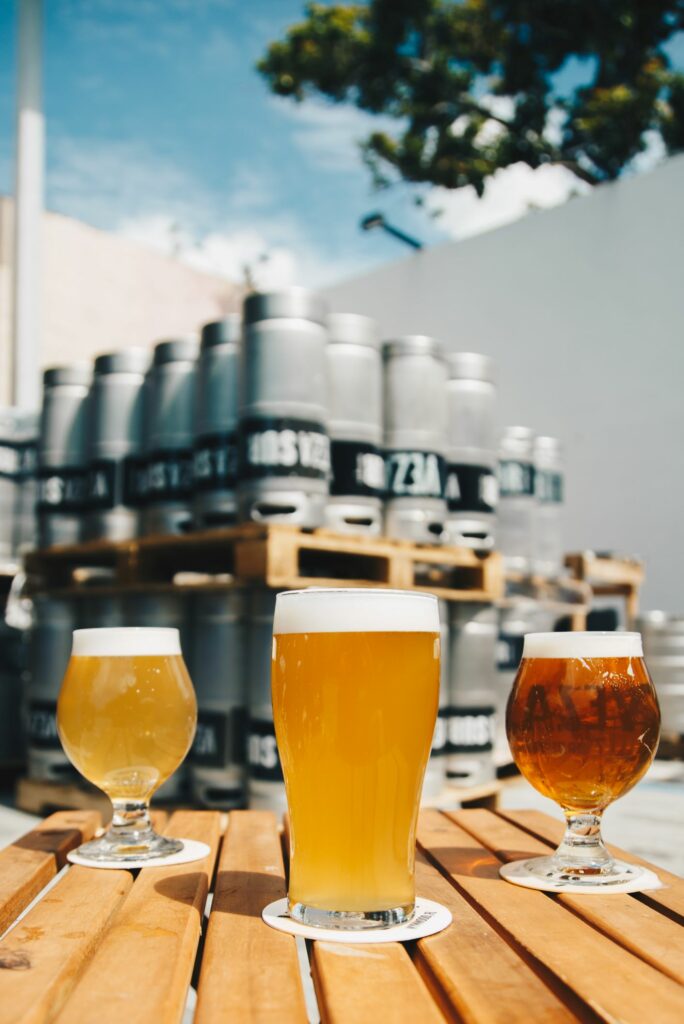
Vodka and Migraines
Vodka is a clear, distilled spirit that is often recommended for migraine sufferers. It is low in histamines, making it less likely to trigger a migraine. Additionally, vodka is often mixed with other beverages, such as soda or juice, which can help to dilute the alcohol and reduce the risk of a migraine.
Whiskey and Migraines
Whiskey is a popular spirit that is made from fermented grain mash. While whiskey does contain histamines, it is often recommended for migraine sufferers due to its low tyramine histamine content alone. However, it’s important to note that whiskey is a strong spirit and should be consumed in moderation.
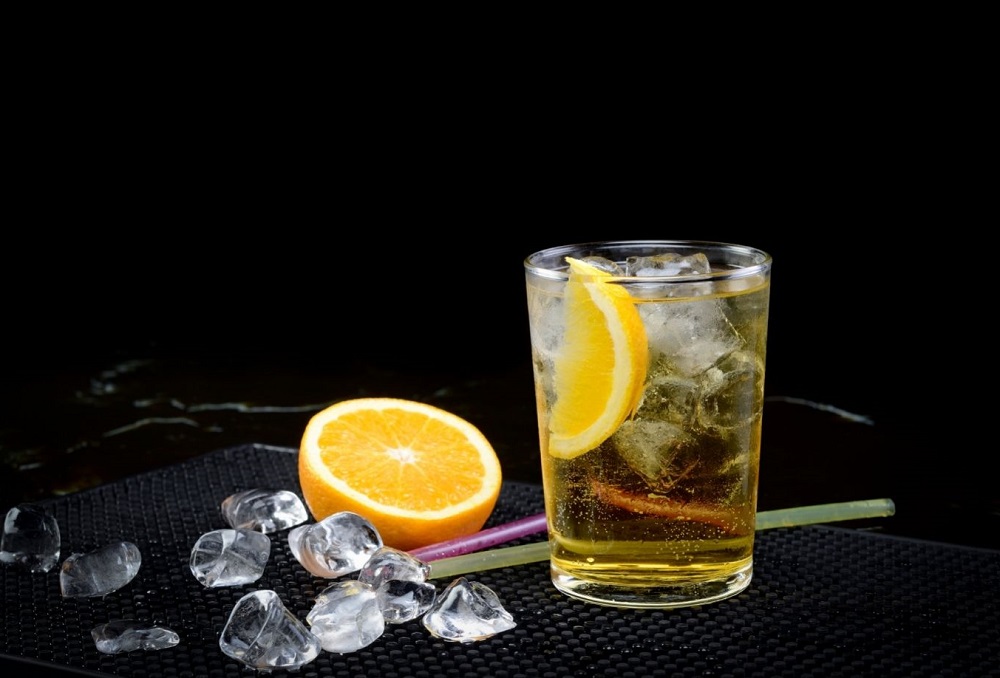
Brandy and Migraines
Brandy is a type of distilled spirit that is made from fermented fruit juice. Like whiskey, brandy contains histamines, but it is also low in tyramine. Brandy is often recommended for migraine sufferers as it is a strong spirit that can be consumed in moderation.
When it comes to non-alcoholic beverages, water is always a safe choice for migraine sufferers. It’s important to stay hydrated to help prevent migraines. Additionally, doctors recommend to avoid other beverages that contain high levels of histamines or tyramine. This can be dessert wines and certain types of liquor.
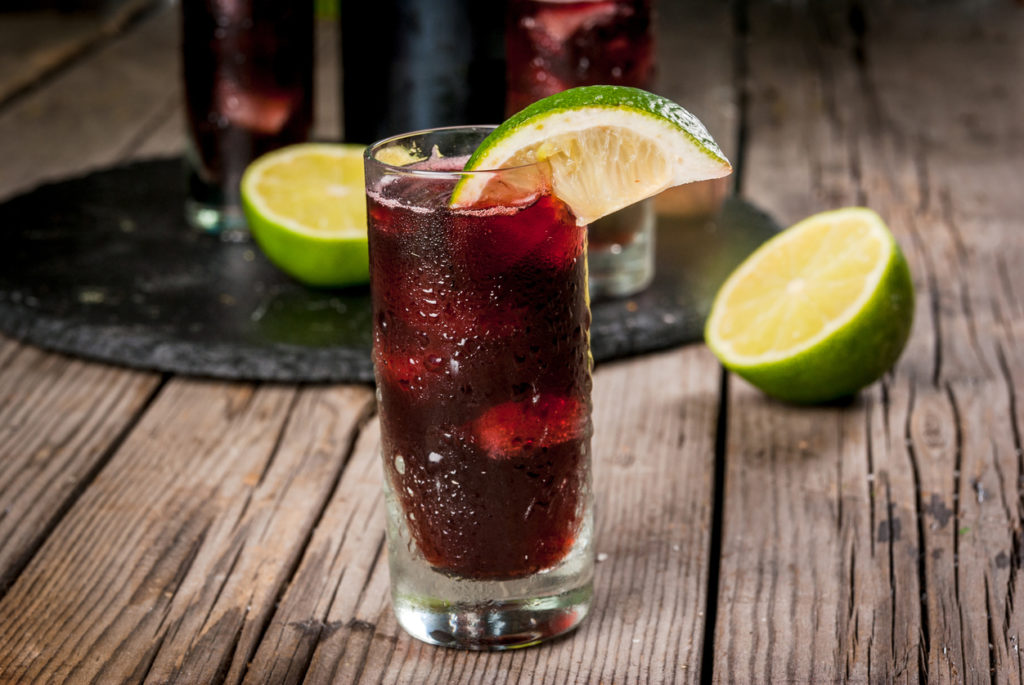
Dietary Considerations
Foods and Migraines
Dietary considerations play an important role in managing migraines. Some foods can trigger migraines in susceptible individuals, while others may help prevent them. It is essential to identify food triggers and avoid them to manage migraines effectively.
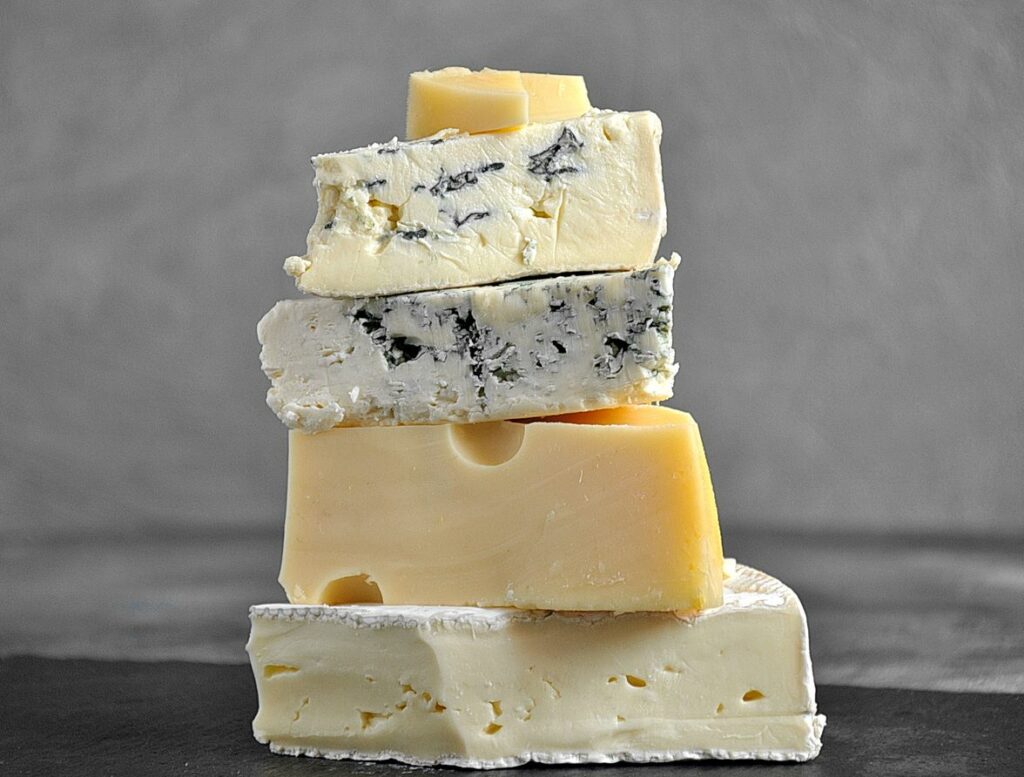
Some common food triggers include: aged cheeses and cheese, processed meats, chocolate, alcohol, and caffeine. These foods contain compounds like tyramine, histamine, and tannins that can trigger migraines in some people. It is advisable to maintain a food diary to identify food triggers and avoid them.

On the other hand, whole foods like fruits, vegetables, and lean proteins may help prevent migraines. These foods are rich in nutrients and antioxidants that may reduce inflammation, a common trigger for migraines.
Drinks and Migraines
Drinks can also trigger migraines in some individuals. Alcohol, and drink wine especially red wine, contains histamines that can trigger migraines. It is advisable to avoid alcohol or limit its consumption to prevent migraines.

Caffeine is another common trigger for migraines. While some studies suggest that caffeine can relieve migraines in small quantities, excessive consumption can trigger them. It is advisable to limit caffeine consumption to moderate levels to prevent migraines.
Grape juice is an excellent alternative to alcohol for migraine sufferers. It contains resveratrol, a compound that may help prevent migraines. It is advisable to choose 100% grape juice without any additives. In contrast to wine it does contain hardly any tannins as it does not ferment with the grape skins and seeds which contain tannins.

In conclusion, dietary considerations play an essential role in managing migraines. Identifying food triggers and avoiding them can help prevent migraines. Choosing whole foods and limiting alcohol and caffeine consumption can also help prevent migraines.

